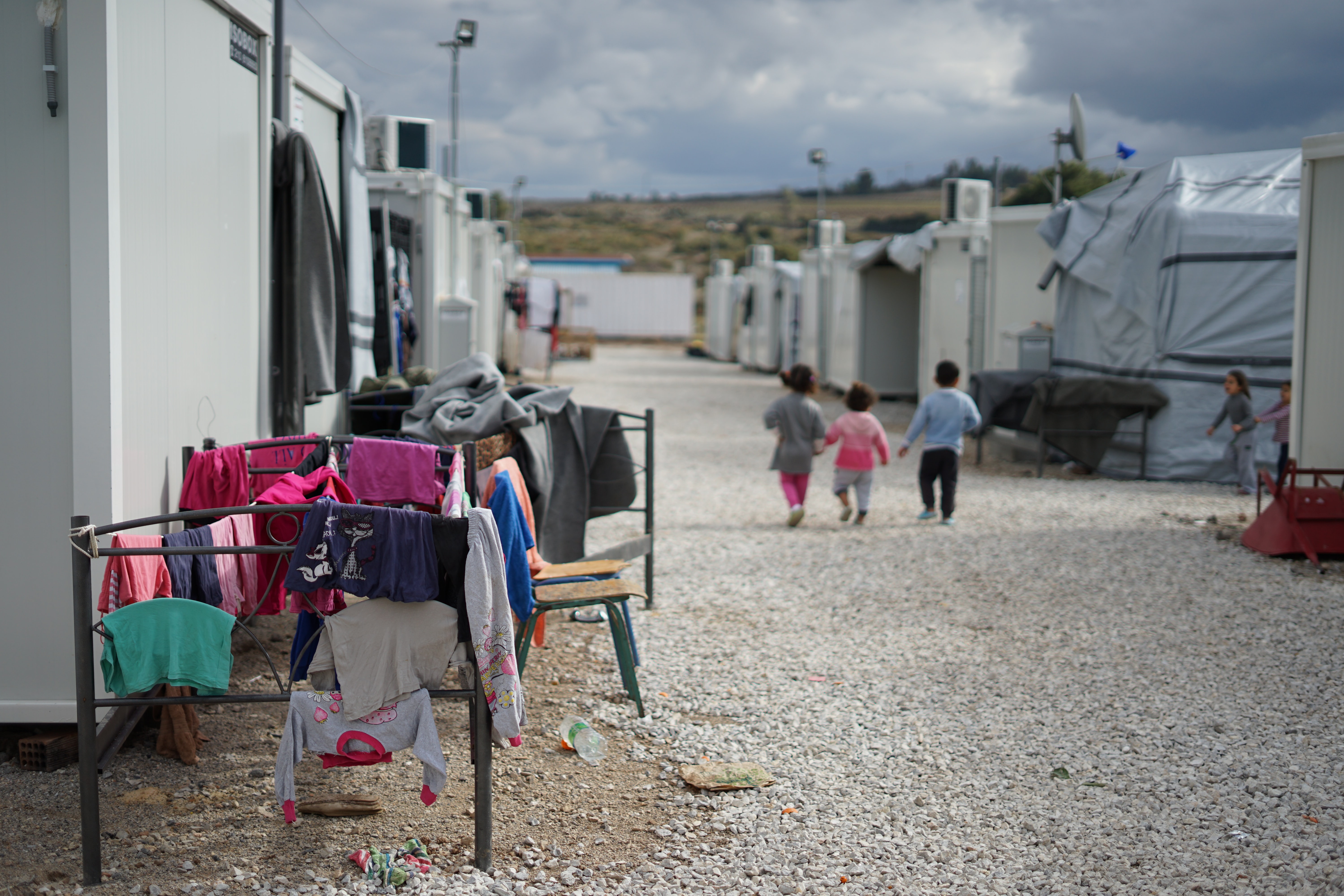
 LSE’s Department of Media and Communications celebrates its 20th anniversary in 2023, and recently marked the occasion with the Media Futures Conference held in June. To celebrate the Department’s contribution to media and communications research and teaching over the last 20 years, we are publishing a series of reflections from faculty. Here, current MSc student Anandita Malhotra interviews Professor Myria Georgiou, a researcher specialising in media, migration and urbanisation, about how the field has evolved over the last two decades.
LSE’s Department of Media and Communications celebrates its 20th anniversary in 2023, and recently marked the occasion with the Media Futures Conference held in June. To celebrate the Department’s contribution to media and communications research and teaching over the last 20 years, we are publishing a series of reflections from faculty. Here, current MSc student Anandita Malhotra interviews Professor Myria Georgiou, a researcher specialising in media, migration and urbanisation, about how the field has evolved over the last two decades.
Professor Georgiou has been researching media and communications’ role in constructing meanings of identity and citizenship in transnational and urban contexts for more than 25 years. She is particularly interested in questions of belonging and rights, especially when the nation cannot be assumed to determine meanings of identity and citizenship. This is especially the case for migrants, diasporas and those at the urban margins more broadly.
She addresses these questions through three distinct but interconnected strands. The first one examines how media and communications are implicated in the construction of borders – symbolic and territorial – that divide and order communities of rights and belonging in the context of migration and diaspora. The second strand explores the synergetic relation between the city and digital communications and the ways in which technological innovations are mobilised to regulate the life of individuals and communities. The third strand explores the consequences of media representations of identity and citizenship for the conception and enactment of urban, national and transnational politics. Her most recent book, The Digital border: Migration, technology, power, co-authored with LSE’s Lilie Chouliaraki, was published in 2022. Her new book, Being human in digital cities is forthcoming late in 2023.
When asked about the changes that the media and communications landscape has undergone over the past two decades, Professor Georgiou was quick to point out that the biggest one is digitisation. The rapid rate at which technological change has happened has transformed the field and, inevitably, the scholarly priorities within it. But digitisation is not on its own a determinant of communicative and social change.
Georgiou identified two radical shifts in socio-political life that help us understand digitisation as much more than a technological phenomenon alone. The first shift can be seen in the rise of right-wing populism and its hate speech, most vividly represented, but not invented, in social media misinformation and fake news. The second shift is migration, especially its elevation to a number one political problem. Professor Georgiou said, “While migration is not a novel phenomenon, how it is perceived now, that is, as a core problem of many societies in the Global North, is distinct to our times. As many politicians and media regularly represent migration as a threat and as a condition out of the ordinary, national societies become accustomed to imagining themselves as constantly being under threat. Consequently, national societies become polarised around fear and migrants face suspicion, even hostility, when their safety, dignity, and freedom are considered more as a threat rather than as human rights”.
Talking about the origins and trajectories of her own research at the LSE, Professor Georgiou noted that she was privileged to have done her PhD under the supervision of Roger Silverstone, with a thesis that set the foundations of her research, which she developed both at the LSE and at the University of Leeds where she has also worked. Her doctoral research on the role of local and transnational media in the construction of diasporic identities established her long-term interest in diaspora, migration and transnationalism. Since the beginning of her academic life, she engaged with migrant and diasporic populations, populations often pushed to the urban margins of social and racial order. This is an order, she explained, that more recently has been intensified through digital technologies that are mobilised to surveil all elements of minoritized populations’ lives and to assort migrants and other racialised individuals between the “deserving” and “undeserving”.
“My research, which has always been with people rather than on people”, she continued, “has repeatedly reminded me that, even if media and communications are often mobilized to exercise power and control, humans are not merely subjected to this power, silent or agent-less. We have to think of digitisation as located within the broader social and political context because people are situated differently within the economies and infrastructures of the digital. We need to do that so to avoid making blanket arguments about technology either liberating us or enslaving us.” Georgiou emphasised a scholarly responsibility to listen to and to recognise humans, especially in their differential positions in systems of power, “especially now, when so much is at stake – when platforms are used to privilege certain humans, while amplifying politics of hate, polarisation, racism and misogyny that dehumanise others”.
Finally, reflecting on media and communications, a field that has undergone so much change over the last couple of decades, Professor Georgiou mentioned how public perceptions about it have changed. “When I first joined media and communications, I would often meet people who had no idea what the field represented. In the world of social media, but also of mis/disinformation, AI and datafication, so many now seem to understand that this is not a marginal or “light” field, but one that is embedded in understanding so much of contemporary social, political and economic life.
To find out more about Myria’s research, see here: https://www.lse.ac.uk/media-and-communications/people/academic-staff/myria-georgiou
This post represents the views of the authors and not the position of the Media@LSE blog nor of the London School of Economics and Political Science.
Featured image: Photo by Miko Guziuk on Unsplash





